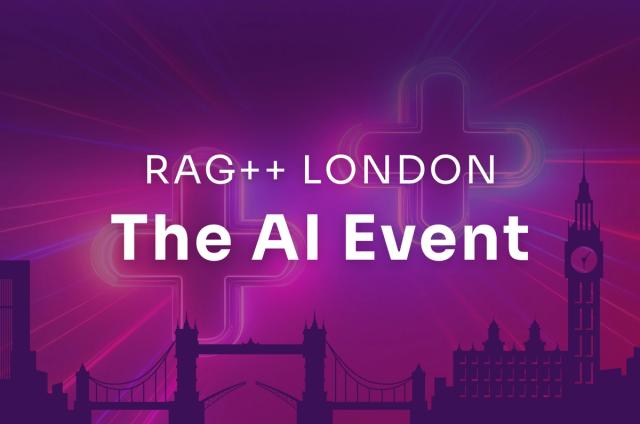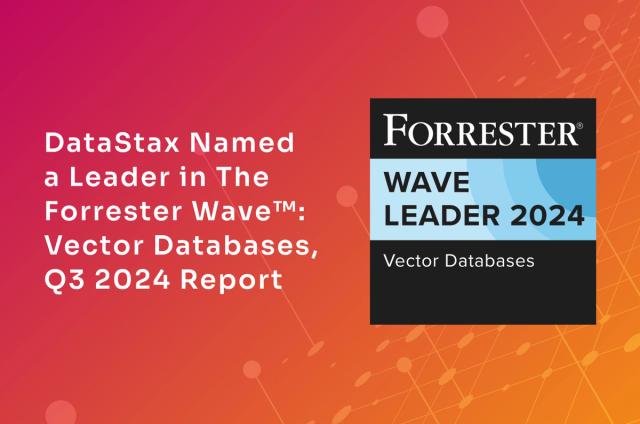Creating A Safer Internet One Hacker at a Time with Marten Mickos of HackerOne

For HackerOne CEO Marten Mickos, leadership lessons can come from anywhere—including a public restroom. Say you walk into a hotel lobby bathroom and there are paper towels on the floor. Would you ignore the trash or pick it up and throw it away? Great leaders pick up the trash. They have the intrinsic motivation to contribute more than was asked of them, to give more than they take. In short, the best leaders do X + Y.
This was just one of the lessons the former MySQL CEO shared with me during our recent conversation on Inspired Execution. We also talked about security and privacy in the new digital civilization, what it’s like to work across different cultures, and lots more.
What on earth is technical physics?
Marten was born and raised in Finland, where he graduated from university with a degree in technical physics. Before we got into exploring his career journey, I had to ask… what the HECK is technical physics?
“That is a good question,” Marten laughed, “If I really knew what technical physics was, I might've graduated quicker. I'm very proud of my degree, but I picked technical physics because it was the most difficult department to get into.”
Though Marten admittedly didn’t stand out as the brightest student in his classes, he reveled in learning from and working with really intelligent people. His biggest learning from university was not about technical physics in itself, but the process and philosophy of problem-solving.
“It's true for everything in life that if you can't find the answer to a problem, it's because you're looking at it through the [same] system. You have to look at it from another perspective or construct it differently,” Marten said.
Pioneering product-led growth and distributed work
From Finland to the U.S., Marten has a long track record of building successful companies. Notably, he was CEO of MySQL, a hugely popular open source database that is used by the likes of Facebook, Twitter, and YouTube. Marten took the tiny Scandinavian startup through a billion-dollar acquisition.
Scaling a business is challenging, and it was no different for MySQL. An early obstacle they faced was figuring out how to make money on open source software.
“It was a very divisive topic,” Marten said. “Some people would hate us because we were too commercial and others would praise us because we finally figured out how to make money.”
Ultimately, MySQL settled on a business model that enabled some people to use the product free and others to spend money for more convenience and speed. Today, we call this product-led growth (PLG).
MySQL was not only a pioneer of PLG, but also the distributed workforce. A distributed company has its employees work from wherever they are most comfortable and productive. The focus is on building a culture of collaboration that reduces friction and enables faster execution. (This is different than “remote work,” which is just the logistical act of individuals working somewhere outside of the office).
“We used email. We had conference calls where we would dial into a telephone number and listen to conversations. And then we used IRC instant messaging as the back channel for chatting and submitting questions,” Marten said.
People have been collaborating for hundreds of years in many different ways. Twenty years ago it was via email, conference calls, and instant messaging networks. Today we have Zoom, Slack, Asana, and many other tools and softwares. In another twenty years, there will be something completely new.
Leading a distributed company requires a mindset shift from operating the business “as usual” to creating the optimal employee experience. This includes empowering individuals to learn new skills while keeping everyone aligned on a common mission, sharing context that allows people to have ownership and autonomy, and enabling faster execution through agile business processes.
Finding strength through suffering
It’s no secret that Marten has had a phenomenal career with many incredible achievements. We talked about defining moments along his journey. Interestingly, one of Marten’s biggest turning points was also one of his most painful memories.
“In 2005, I made a strategic mistake and I sort of put the whole business at risk. I truly thought my career was over, but my executive team saved me. They said, ‘Marten, you're right. You did screw up. But you’re our leader. Now, you put yourself together and take us out of this.’ So we came out of it, and it became a defining moment for the power of the team. They lifted me up. It wasn't me, it was them,” he said.
Many times, our greatest learnings come through pain and suffering. We shouldn’t seek out suffering per se, but we should know that it’s a necessary part of the journey. If we embrace the hard times as much as the good, we give ourselves the opportunity to come out even stronger. This is how we evolve and grow.
Final thoughts
Possibly my favorite part of the conversation with Marten happened at the very end of the podcast during our rapid-fire question round. I asked Marten what his most prized possession is.
“Possession is a difficult word. But I think it is my address book, where I write down when and where I meet people. It brings me so much joy to go back and realize that I had lunch with Chet Kapoor in 2004 at a restaurant in San Jose,” he shared.
I absolutely loved this conversation with Marten and I know you will, too. Don’t forget to like and subscribe to Inspired Execution wherever you listen to podcasts, and tune in every other week for new episodes. Next up, we’ll have Anna Claiborne and Dave Ward of PacketFabric.




